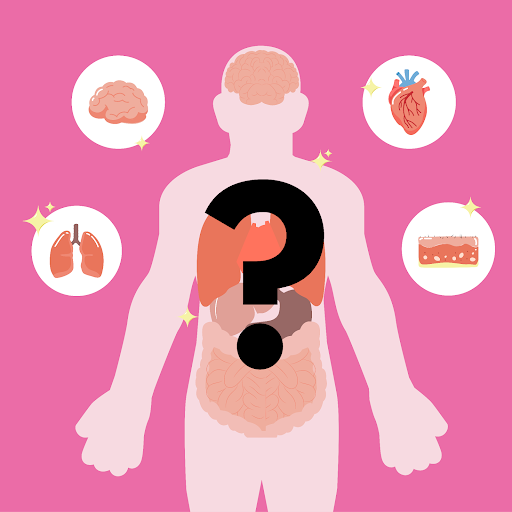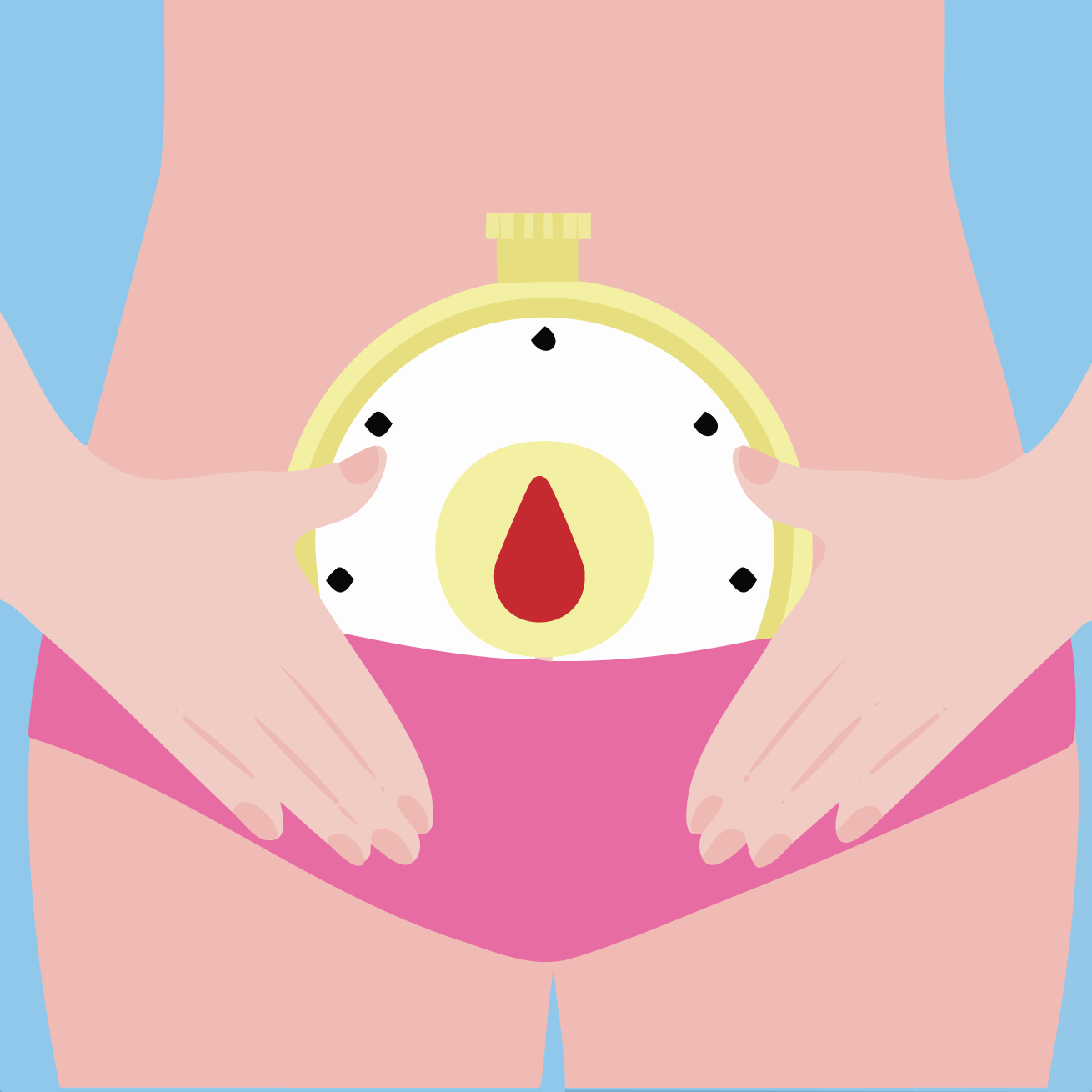Contraception Care: Know Your Options!
Imagine having to make one of life’s most personal decisions - without the right tools or information. According to the UNFPA State of World Population 2022, over 257 million women globally who want to avoid pregnancy aren’t using modern contraceptives. Even more striking, 172 million of them are using no contraception at all - not because they don’t want to, but because they lack access or awareness of modern contraception.
It’s not just about access, though. A recent global study by Johns Hopkins Bloomberg School of Public Health revealed that while some progress has been made, stark inequalities in contraception access still exist - especially in low-income regions where family planning services are often out of reach.
These numbers aren’t just statistics. They reflect millions of dreams deferred, choices denied, and futures unplanned. That’s why contraception care isn’t just a healthcare issue - it’s a human right.
What is contraception care?
Contraception care helps people make informed choices about when and how many children they want. It offers various birth control options and ongoing support to guide individuals through their family planning journey.
Why It Matters:
-
Taking Control: Empowers individuals to focus on life goals without unplanned pregnancies.
-
Staying Safe: Contraception reduces the risk of unsafe abortions, which are a significant cause of maternal deaths and morbidities. The World Health Organization (WHO) estimates that approximately 45% of abortions worldwide are unsafe, highlighting the need for accessible contraceptive methods.
-
Building Brighter Futures: Enables families to plan better.
-
Protecting Our Planet: Helps manage population growth for a sustainable future.
Choosing the Right Birth Control Method
From pills to implants, there are numerous birth control options to suit different needs and lifestyles. Consulting with a healthcare provider ensures the safest birth control method that suits your body and needs. Here’s a closer look at some common types of contraceptives:
Barrier Methods:
1) Condoms: A barrier method used during intercourse to prevent sperm from reaching the egg. Condoms are available for both males and females and offer protection against sexually transmitted infections (STIs) as well as pregnancy.
Opt for the LoveGlove condoms, crafted from naturally sourced latex, these condoms undergo rigorous electronic testing to ensure reliability and safety. Made with love, they contain zero benzocaine, prioritizing comfort and satisfaction for a worry-free intimate experience.
2) Diaphragms: Silicone cups inserted into the vagina to cover the cervix and prevent sperm from reaching the egg. Diaphragms are used with spermicide and must be fitted by a healthcare provider. However, they do not provide protection against STIs or STDs.
While barrier methods offer immediate protection and have minimal side effects, they require consistent and correct usage to be effective.
Hormonal BIrth Control Methods:
Hormonal birth control includes various methods like pills, patches, injections, implants, and vaginal rings. These options work primarily by inhibiting ovulation or altering the cervical mucus to prevent pregnancy.
1) Birth Control Pills: Oral contraceptives are taken daily to prevent pregnancy by inhibiting ovulation or thickening cervical mucus.
2) Birth Control Patch: An adhesive patch can be worn on the skin to release hormones and prevent ovulation. The patch is applied once a week for three weeks, followed by a patch-free week.
3) Injectable Contraceptives: Hormonal injections are administered every few months (usually every 3 months) to prevent ovulation. This method provides effective contraception without the need for daily pills.
4) Implants: Small rods are inserted under the skin of the upper arm, releasing hormones to prevent ovulation. Implants offer long-lasting contraception, typically lasting for up to three years.
5) Vaginal Ring: A flexible ring is inserted into the vagina to release hormones and prevent ovulation. The ring is worn for three weeks, followed by a ring-free week.
Intrauterine Devices (IUDs):
Intrauterine devices (IUDs) are highly effective and long-term birth control options. These T-shaped devices are inserted into the uterus by a healthcare professional. IUDs are over 99% effective, providing a reliable and user-independent contraception method.
Types of IUDs:
Copper IUD: The copper IUD contraception offers long-term protection for up to a decade without the use of hormones. While it provides a hormone-free alternative, some users may experience heavier periods and increased cramping as potential drawbacks.
Hormonal IUD: The hormonal IUD contraception is another long-lasting contraceptive option, offering the benefit of lighter periods for some users. However, individuals should be aware of potential side effects associated with hormonal methods.
Insertion and Removal: Insertion is a quick, minimally invasive procedure performed by a medical professional. Removal is straightforward, allowing for a swift return to fertility.
Permanent Birth Control (Sterilization):
Sterilization, a permanent method of contraception, ensures individuals won't have children anymore. In men, a vasectomy is performed, where the tubes carrying sperm are cut or blocked. However, a vasectomy can be reversed though success rates can vary.
For women, tubal ligation is an option, involving cutting, blocking, or sealing the tubes connecting the ovaries to the uterus, preventing eggs from reaching the uterus and meeting sperm.
Both methods are highly effective and don't interfere with hormones or sex life but don't protect against sexually transmitted infections (STIs). They're ideal for those certain they don't want more children.
Consulting with a Healthcare Provider
It’s crucial to consult with a healthcare provider to determine the best contraceptive method based on individual health needs, preferences, and lifestyle factors. They can provide personalized guidance and support to help individuals make informed decisions about their birth control options.
In a Nutshell:
Contraception care isn't just about preventing pregnancies; it's about promoting health, autonomy, and equality. Let's support safe family planning for a healthier, happier world. Together, let’s create a world where everyone has the freedom to make informed choices about their own bodies and futures.
FAQs
1) What is birth control?
Birth control refers to methods used to prevent pregnancy. It works by stopping ovulation, blocking sperm, or preventing fertilized eggs from implanting.
2) How do I choose the right birth control option ?
It depends on your health, comfort, and lifestyle. A doctor can help you pick the safest method for you.
3) What are the most common birth control options?
Hormonal methods like pills and patches, IUD contraception, and barrier methods like condoms are popular choices. If you're considering condoms, our LoveGlove condoms are a reliable and comfortable option. Crafted from naturally sourced latex and free from benzocaine, they’re electronically tested for safety and designed to prioritize pleasure and protection, making them a smart, skin-friendly choice in your birth control toolkit.
4) What is the safest birth control method?
The safest birth control method is the one that suits your body and needs, so it’s best to consult your doctor for the best fit.
5) Does birth control affect future fertility?
No, most birth control options won’t affect your long-term fertility. You can conceive after stopping them. However, it’s best to consult your doctor for the best fit.
Leave a Message
This site is protected by reCAPTCHA and the Google Privacy Policy & Terms of Service apply.





